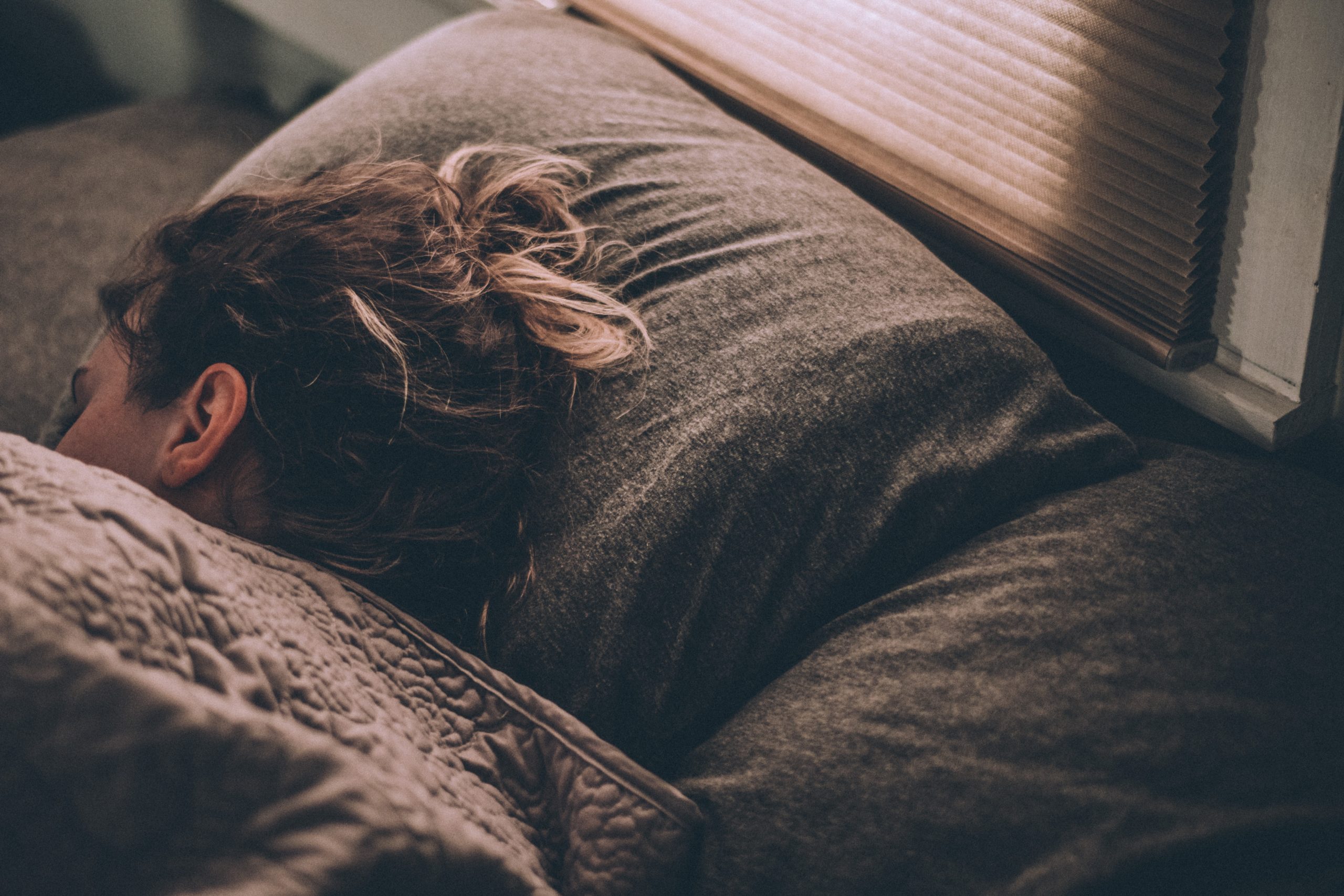While you are in recovery, you probably follow general rules to help you stay sober. Most of the time, these include taking care of yourself, going to meetings, doing sober activities, using your coping skills, and building a network of people who can help you stay sober. Even though these things are essential for long-term sobriety, they often get in the way of a small but important part of recovery: sleep.
You learn as a child that you need to get enough sleep, and you know you should make sure you do, but sometimes life gets too crazy. But getting a good night’s sleep can help you get better faster. Want to learn? Read on to find out how you can speed up your recovery by getting more sleep.
What are the risks of not getting enough sleep?
It turns out that not getting enough sleep can lead to many health problems, including:
- Mood swings
- Higher stress levels
- Not being able to handle your feelings
- Depression\sAnxiety
- Suicidal ideation
- Impulsivity
- Too much blood pressure
- More likely to become overweight
- High blood sugar
- a bigger appetite
- The immune system is not as strong
- Chronic illness risk
According to the Centers for Disease Control and Prevention (CDC), adults need at least seven hours of sleep every night. Making sure you get this amount of sleep every night and sleep well can help your health and recovery.
How does sleep help addiction recovery?
Recovery is a lifelong process that requires constant effort. Even after a long time in recovery, some of the physical and mental wounds left by addiction will still be healing. Sleep is essential because your body heals best while you are sleeping. Some studies have even found that people in recovery from addiction who have trouble sleeping are more likely to start using again.
In addition, people who do not get enough sleep are more likely to have mental health problems and less energy, making it hard to participate in recovery. Having a consistent sleep schedule can help you get enough sleep to keep your recovery going and improve your overall health.
How can you get more sleep?
Maintain a regular sleeping and waking schedule.
You run the danger of not getting enough sleep if you do not have a routine for getting up and going to bed. If you do not establish a routine for yourself, you put yourself in jeopardy because you run the chance of staying up too late, in which case you will only get a few hours of sleep, or you leave your body in a state of constant catch-up mode since your sleep pattern is all over the place. You should schedule times for each day of the week and keep to them.
Relax before going to bed.
Getting into the correct frame of mind for sleep can be facilitated by engaging in relaxing activities before going to bed. For example, think about shutting off your phone an hour before bedtime, relaxing by taking a warm bath, meditating, practicing deep breathing, or reading your favorite book. Your brain will receive the message that it is time to unwind and get ready for sleep if you engage in these activities on a nightly basis.
Create a tranquil retreat in your bedroom
The environment in which you sleep may considerably impact the quality of sleep you get each night. To create an environment conducive to restful sleep, eliminate all sources of light and noise from the room. You might want to try earplugs or drapes that completely block out the light for assistance with this.
You should also make sure that your bed is solely used for sleeping; this will send a message to your body that you are doing it to get some rest when you lie down in bed. Finally, avoid relaxing, watching television, or working in bed.
By putting these straightforward steps into practice, you will improve the quality of sleep you get, but you will also speed up the recuperation process.
For more information or to seek help with drug addiction, get in touch with Evolve Indy today.

